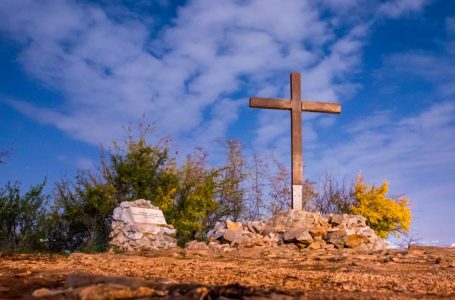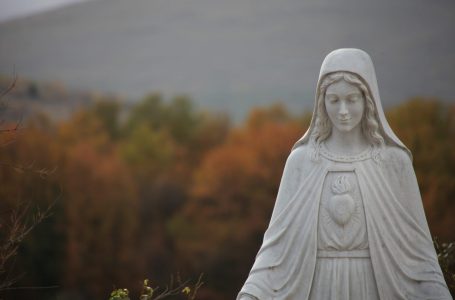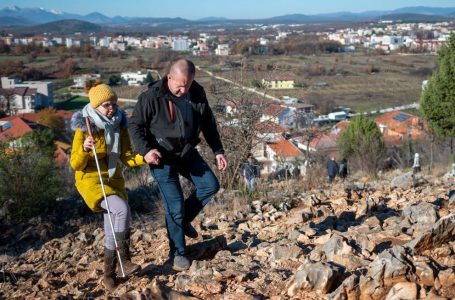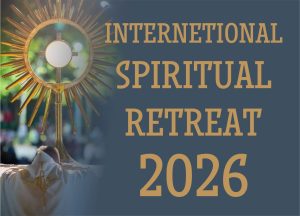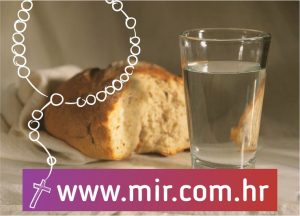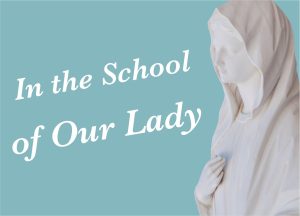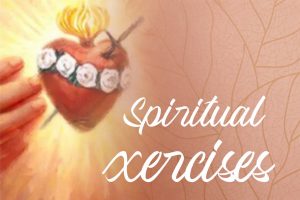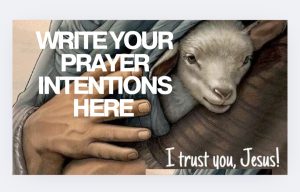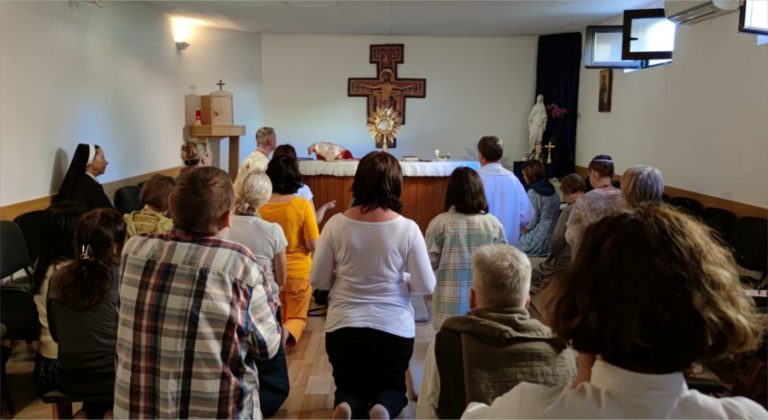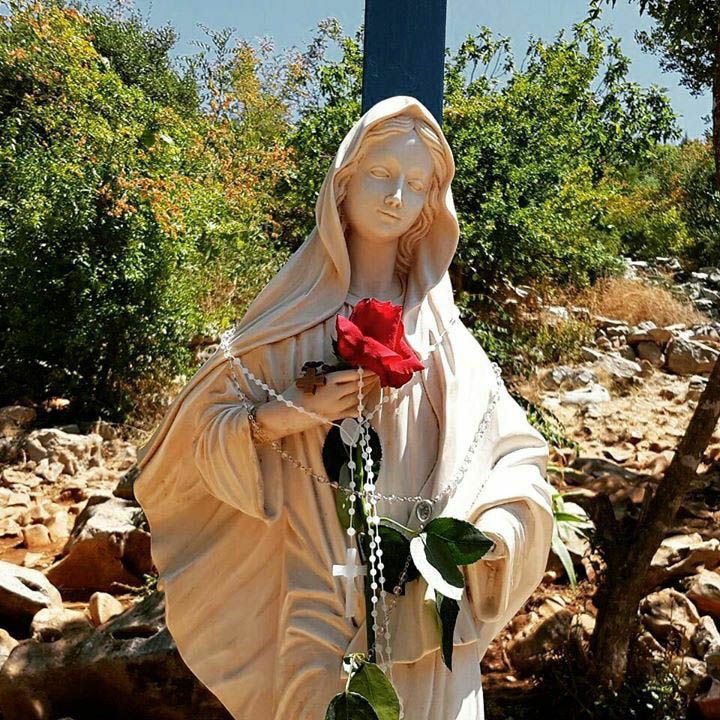
The Healed Healer
One of the most important elements of Holy Mass is spiritual, physical and psychological healing. Sin always destroys something or impedes something that should exist, grow and develop. Whatever destroys friendship, joy, love, trust, hope, faith, or hinders the development of these virtues, is sin and sinful, and where there is sin, man is wounded, sick, unable to live the life for which he was created. Without wanting to underestimate human wickedness and human responsibility for sin, we have to underline the role of human weakness in the struggle against personal and common sin, against destruction, devastation, and hurt.
A Christian who participates in the eucharistic celebration has the chance to be healed interiorly, often even physically, because physical healing is often the sign for interior healing. St Luke writes in his Gospel:
On one of those days, as He was teaching, there were Pharisees and teachers of the law sitting by, who had come from every village of Galilee and Judaea and from Jerusalem; and the power of the Lord was with Him to heal. And behold, men were bringing on a bed a man who was paralyzed, and they sought to bring him in and lay him before Jesus; but finding no way to bring him in, because of the crowd, they went up on the roof and let him down with his bed through the tiles into the midst before Jesus. And when He saw their faith He said, “Man, your sins are forgiven you.” And the scribes and the Pharisees began to question, saying, “Who is this that speaks blasphemies? Who can forgive sins but God only?” When Jesus perceived their questionings, He answered them, “Why do you question in your hearts? Which is easier, to say, ‘Your sins are forgiven you,’ or to say, ‘Rise and walk’? But that you may know that the Son of man has authority on earth to forgive sins” – He said to the man who was paralyzed – “I say to you, rise, take up your bed and go home.” And immediately he rose before them, and took up that on which he lay, and went home, glorifying God. (Lk 5:17-25)
We should not leave the church without being interiorly healed, without receiving new freedom from sin and new strength for new transforming action in the world. The Eucharist invites us to bring healing to others, not to perform visible miracles, but miracles of love. Love has the power to heal.
We first need inner healing. A word of hope and encouragement, a good counsel, a helping hand means healing. Just as a bad word hurts the soul, brings darkness, takes away joy, peace and meaning from life, a good word that proceeds from God’s Word produces the contrary result. We are most wounded and ill when other people refuse themselves from us, and we are on the path of healing when other people give themselves to us and when we become a gift to others. Let us remember what it means for a child – even before birth – if his parents expect him joyfully, as a gift, or reject him. The same happens later in life. Numerous spiritual, psychological and physical illnesses are deeply connected to the fact of giving or refusing love.
A person of faith, who experiences the Eucharist and lives it in his daily life and work and in his encounters with others – is healed. A person who prays, sacrifices oneself, gives oneself to others – is a healer. If we do so, we shall know what it means when Jesus says, “I came for the sick and the sinners.”
Go in Peace and Come Again
After Mass, when we leave the church with the blessing and the mission to go in peace, we have received a new grace and the renewed mission to be a blessing in our daily lives. The word blessing, which comes from benediction, which comes from the Latin word bene-dicere, means to speak well with everyone and about everyone. To consecrate human life through blessing and peace is a sacred duty. It means to bring God back into the world, which broke the friendship and estranged itself from Him by disobedience. It means to prepare the way for the Lord, to prepare His coming and His dwelling among the sons of men.
Whoever chooses seriously this task and accepts it wholeheartedly will encounter numerous difficulties, but will also find much joy in his life. It may happen to him as it happened to the prophet Elijah. Human wickedness, absurdity, deafness and blindness may make him tired and he may ask himself whether he should let everything go and leave the world, or yield to evil. It can happen every day. The more consciously we struggle against evil and for what is good, the greater is the risk of interior fatigue. In those moments, we should go to Jesus, to Holy Mass, and continue with Him to redeem our own life and the whole world.
We should encounter Jesus every day in prayer, and as often as possible in the eucharistic sacrifice, not only to find new spiritual strength, but also to give Him thanks. In that way, our life will be unified and we shall be a living sacrifice to the praise of the glory of God the Father. Amen.
(Barbarić, Slavko. 2018. Celebrate Mass with the heart)


